At 20 months, the Madani government is now a third of the way into a five-year term. This timing offers an opportunity to reflect on Prime Minister Anwar Ibrahim’s governance so far.
This piece focuses on what have been deliverables to date, to be followed by another piece looking at deficits.
While some may quip that there have not been any deliverables, especially from the perspective of ordinary citizens on the ground facing persistent economic challenges and those focused on Malaysia’s needed reforms, it is both unfair and incorrect to fail to acknowledge that Anwar’s government is not garnering results.
Building the unity tent
Anwar’s first year and a half in office was focused inward, concentrating on building alliances in the unity coalition and neutralising the threats of the opposition.
While one can argue that the way Anwar has gone about the latter - charging opponents and working to divide the opposition coalition reminiscent of the era of Dr Mahathir Mohamad’s first tenure as prime minister - is politically backfiring and strengthening the opposition electorally, Anwar’s leadership has been successful in the first goal.
Despite significant ideological and personal differences, the key coalition partners in the Madani government - Pakatan Harapan, Umno, Gabungan Parti Sarawak, and Warisan - have established working relationships.
Cordiality and a common interest in being in government have forged cooperation.
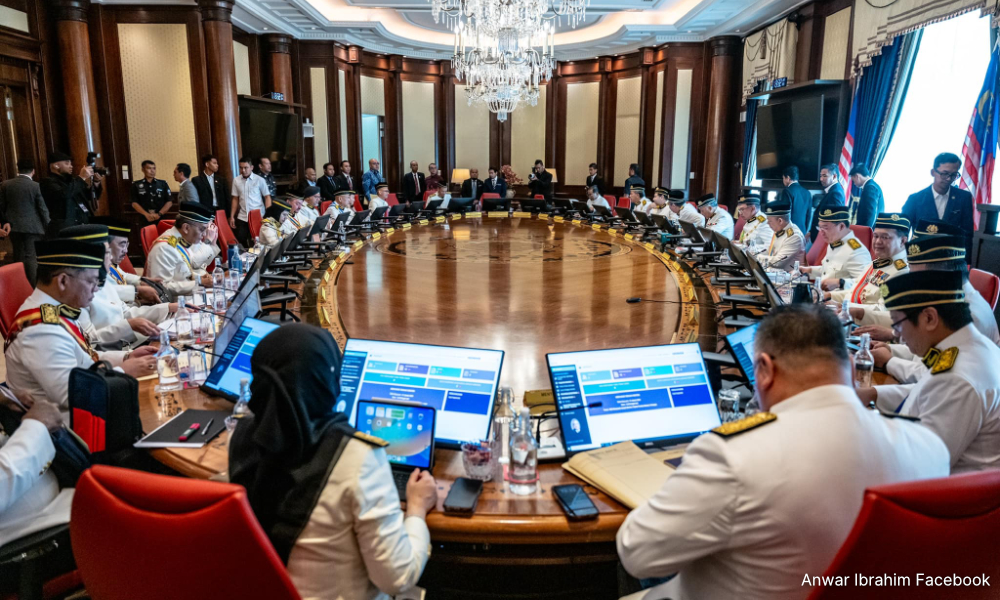
Operationally, the Madani government features less internal competition and open sabotage of each other compared to recent previous governments.
Unlike the Mahathir 2.0 government of Harapan which featured constant public spats among coalition partners at loggerheads, this has not been the case with the Madani government.
Anwar has worked to instil a sense of shared interest as there has been (some) learning from the Harapan experience.
Umno controlled by Ahmad Zahid Hamidi has opted to play less of a destabilising role, for now.
Parties, notably the DAP had accepted what would have been seen as “red line” issues in the past such as the DNAA for Zahid’s corruption charges and curbs on freedom of speech.
No question, however, that there are real differences and frustrations, with youth divisions of various parties - notably Umno and DAP - criticising each other, with Umno Youth chief Dr Muhamad Akmal Saleh being the most vocal in his gadfly role.
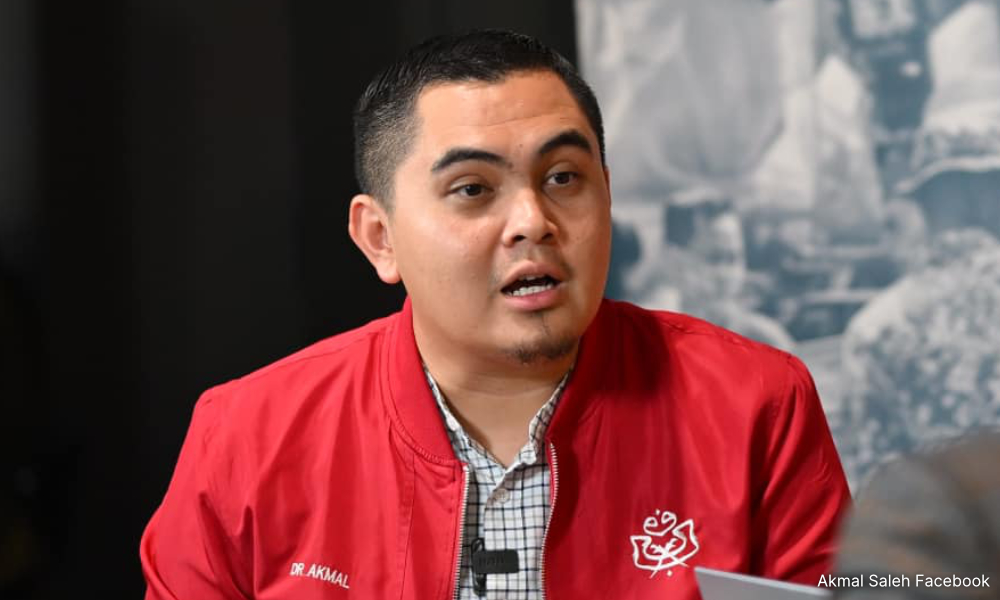
While politicking remains ever-present, differences have largely been kept in the tent rather than outside of it - at least so far.
Political stability
Where pressure has come is in the demands of different parties/individuals for their loyalty. The appeasement of these demands has created a government that has moved further away from the principles of democratic reform but has kept Madani as a government together.
Generally, the government’s style has been to avoid pushing divisive issues too far. Racial and religious issues have caused the most public tensions, with the practice of letting the issue run a media course rather than intervene directly.
There are now fewer “red lines” that pose a threat to Madani’s viability as parties are expected to compromise or move on.
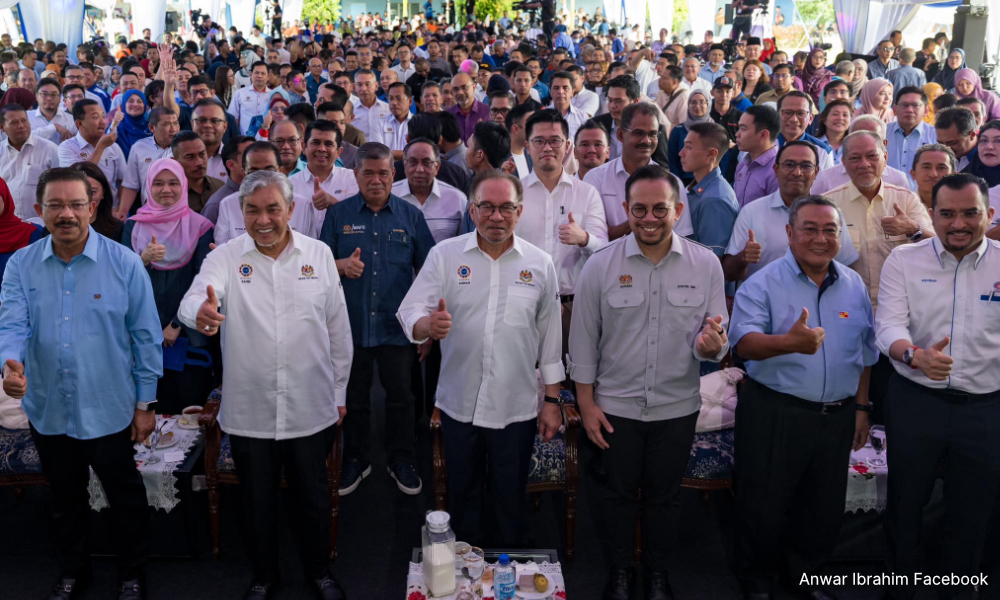
Behind the scenes, cooperation and electoral viability with the different political bases of different coalitions simmer. Distrust persists, especially among the grassroots of parties.
The price of cooperation is and can be heavily debated. Yet, there has been an important gain: “Togetherness” has yielded the benefit of political stability.
Malaysia has lost the politically unstable label that it has after the Sheraton Move as more believe the government will last its full term.
In Southeast Asia, the instability focus is more frequently centred on Thailand and the beleaguered government of Prime Minister Srettha Thavisin.
With major elections - by-elections excepted - not expected to be held until at least next year (Sabah followed by Sarawak), there is a window for the government to focus on more concrete outcomes.
Political signalling
This is where the issue of deliverables is most felt and ultimately where the government has been judged by the electorate, especially in the management of the economy. Here, there are positive outcomes that need to be recognised.
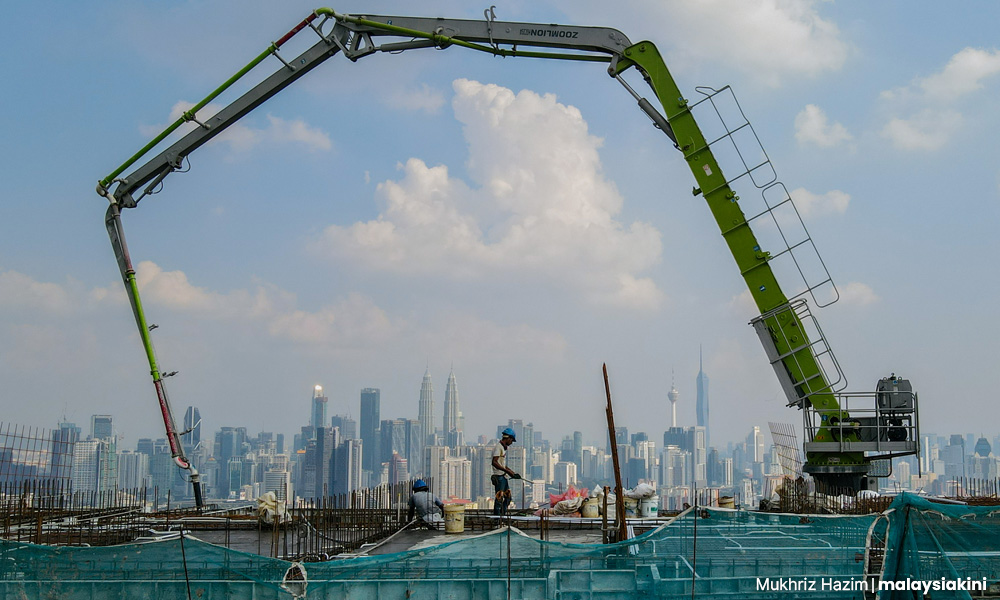
First, growth and investment have increased and inflation and the ringgit have stabilised.
The evidence of these is clear, debates over the numbers notwithstanding. Malaysia has once again become an attractive market for international investment and remains a critical node in the global supply chain.
Concerns about whether foreign investment will yield job growth, better wages, and expand domestic businesses are real but there is greater dynamism in Malaysia’s economy compared to recent years.
This economic dynamism can be seen as both a product of the active promotion of Malaysia internationally as well as domestic political stability.
While many credit Malaysia’s favourable position in the competition between the US and China, unlike in the recent past there has been more of a concerted effort to take advantage of opportunities and create confidence for foreign investors.
This has been significantly aided by political signalling. The policy plans and frameworks for industry, green energy, technology/artificial intelligence, and human resources have bolstered Malaysia’s position internationally.
The private sector has lauded the New Industrial Master Plan 2030 (NIMP 2030) and the National Energy Transition Roadmap, in particular.
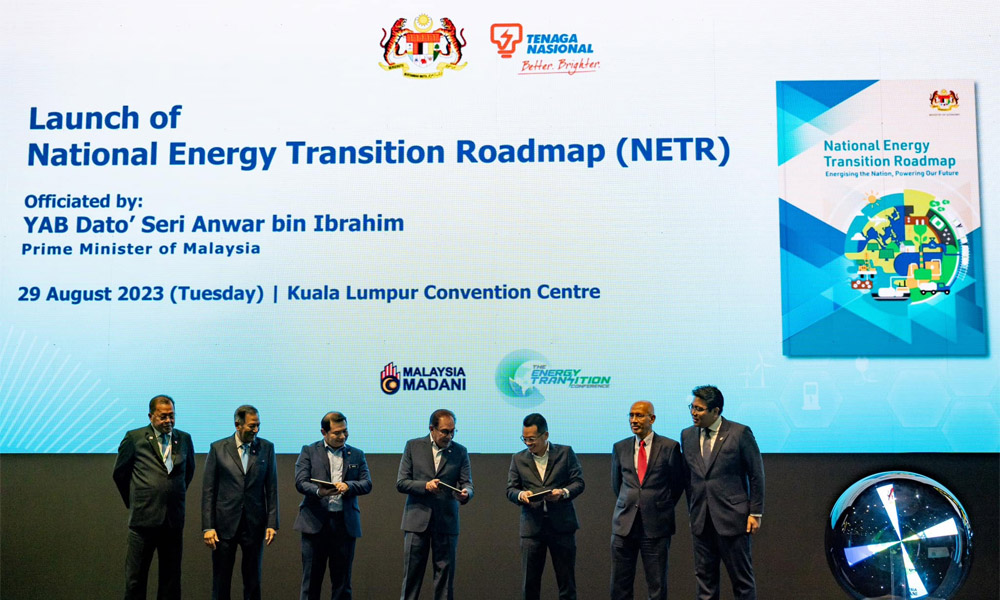
Implementation remains a stumbling block for the government, the private sector, and the general public.
There is less faith in achieving the Madani economic framework and poor implementation of subsidy rationalisation, with even less belief in corruption reduction and improved governance efficiency.
Yet, given that these difficult issues are receiving attention, this highlights that the government is making progress on the economy; important signals are being sent that the economic issues are being prioritised.
Looking forward
There are other areas where progress is also being made, the introduction of new legislation, for example.
The Madani government is replicating the Abdullah Ahmad Badawi government in introducing needed amendments to laws, updating and correcting areas in legislation for medical doctors, auditors, and online fraud, for example.
Similarly, there are modest efforts to rationalise and strengthen implementation such as in the rationalisation of investment promotion agencies.
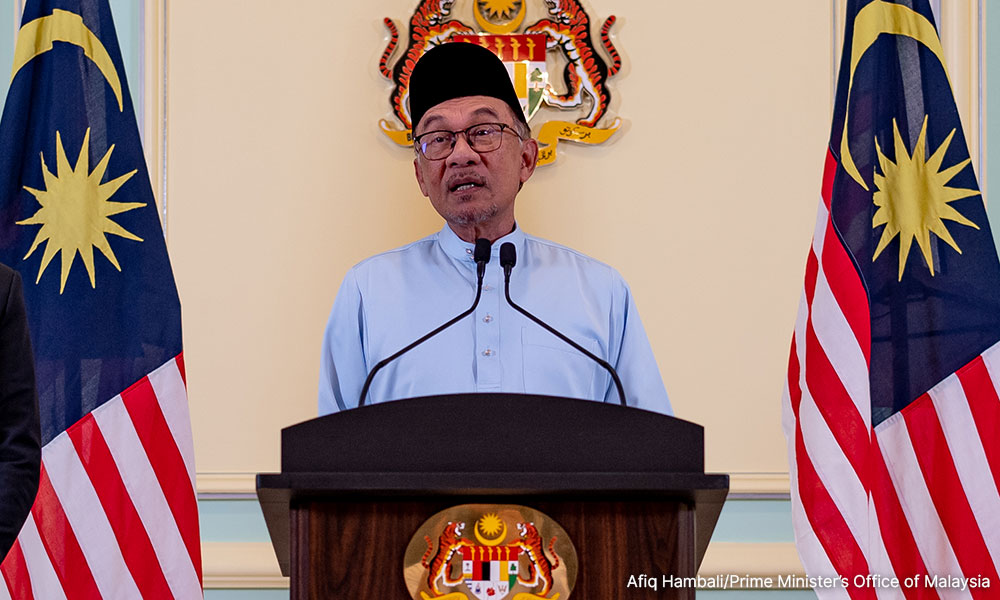
These don’t make big headlines but are important steps in improving governance.
Clearly, there is much more to do and gaps in Madani governance that need to be addressed - the subject of my subsequent piece.
Not least of these deficits is an inability to translate the gains above into public perceptions of progress.
Yet, it is important to dispel the view that the 20 months of the unity coalition have yet to mark achievements and to appreciate that reduced politicking, political stability and political signalling are a critically needed boon. - Mkini
BRIDGET WELSH is an honourary research associate of the University of Nottingham’s Asia Research Institute, a senior research associate at Hu Fu Center for East Asia Democratic Studies, and a senior associate fellow at The Habibie Centre. Her writings can be found at bridgetwelsh.com.
The views expressed here are those of the author/contributor and do not necessarily represent the views of MMKtT.

No comments:
Post a Comment
Note: Only a member of this blog may post a comment.